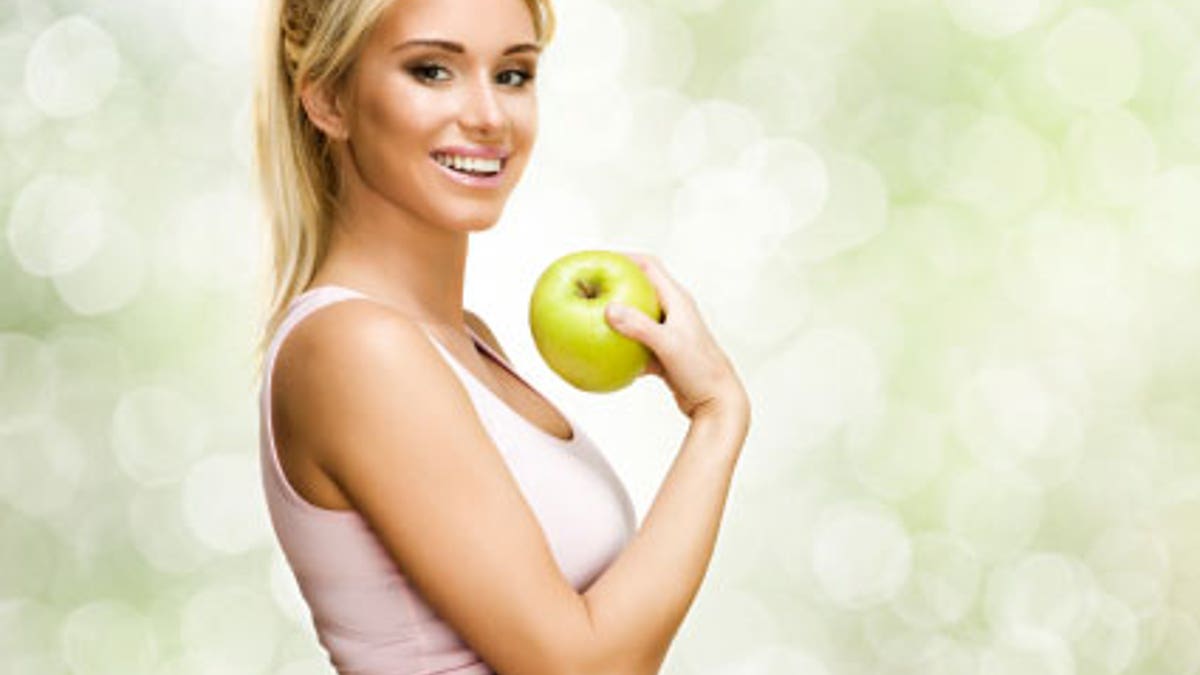
Whether you are happy at your current weight or wish you were thinner, it’s important to eat well-balanced meals that provide all the nutrients your body needs.
As women, we have some special nutritional concerns depending on how old we are and what stage of life we’re in.
The Academy of Nutrition and Dietetics (formerly the American Dietetic Association or ADA) recommends this for a healthy daily diet for weight maintenance:
• Whole grains – three 1-ounce servings
• Dairy – three fat-free or low-fat servings
• Protein – five to six ounces of lean meats or other proteins
• Fruit – two cups
• Vegetables – two-and-a-half cups
This menu provides a good balance of nutrition. But women also have these special nutritional needs that should be considered:
• Low Iron or Iron Deficient Anemia (IDA) – Iron is used by the body to make hemoglobin, which is a protein inside the red blood cells that carries oxygen to all parts of the body. Low iron or not enough hemoglobin is known as iron deficient anemia.
Women are at higher risk for IDA if they have very heavy or long periods. Women can also become anemic after lose significant amounts of blood during childbirth.
A diet rich in iron can help ensure that the body has enough iron to produce healthy red blood cells. Eggs, dairy, fish, meat, poultry, certain green leafy vegetables, and iron fortified foods are good sources of iron.
Your body can more easily absorb iron when vitamin C is also present, so try adding strawberries to fortified cereal or mandarin oranges to spinach salad.
• Calcium – You may not think about your bones being alive, but they are and they need calcium to grow strong and healthy. Osteoporosis is a condition that results when bones become weak and brittle. Women are at higher risk of developing osteoporosis than men, so it is important to support strong bones by eating a diet rich in calcium.
In the U.S. dairy products are the primary source of calcium. Other calcium-rich foods include leafy green vegetables, certain grains, cabbage, summer squash, green beans, and garlic.
It’s also important have enough vitamin D, which works in the intestines to help your body absorb calcium. A half-hour in the sun provides vitamin D for your body. Other sources include shrimp, cod, eggs, and vitamin D fortified milk.
• Folic Acid – Folic acid is a B vitamin that is used by the body to make new cells. While everyone of every age needs folic acid, research has shown that it is especially important for women of childbearing age to help protect a baby during development.
Folic acid has been shown to help prevent birth defects, especially defects of the brain and spine. Good sources of folic acid include citrus fruit, leafy greens, and dried beans and peas. Folic acid is also available in supplements as well as in fortified cereals.
Whatever your stage of life, your health will benefit from a diet that is rich in plant-based foods and low on alcohol and caffeine.
More From EmpowHER:
Fast and Furious Healthy Breakast Ideas!
Healthier Fast Food Options for Kids
A Case for Kale: Superfood to the Rescue
